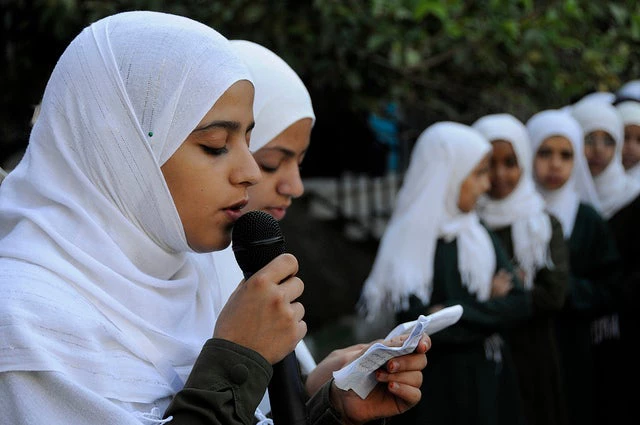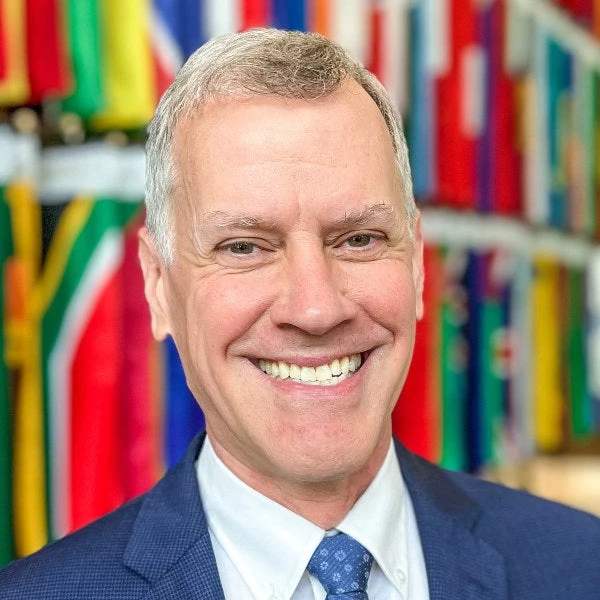
First, some background: El-Erian is one of the most influential figures in the world of finance. His firm manages $1.8 trillion in assets, an amount that comfortably exceeds Japan's foreign-exchange reserves, and he's on Foreign Policy magazine's list of Top 100 global thinkers. As a longtime former IMF official, El-Erian is also intimately familiar with international financial institutions.
In his talk here, El-Erian laid out the many challenges facing the global economy—massive deleveraging in the wealthy economies, lagging policy responses, a “fat tail” of downside risks, and unattractive policy alternatives. He also outlined how he thinks the World Bank can help developing economies navigate these hazards. The role he sketched out for the Bank included the traditional economic management role—helping countries manage assets and liabilities and adjust their growth strategies to lower external demand—as well as work to strengthen safety nets in response to increased volatility. And it included the more expansive role, consistent with new World Bank president Jim Kim's vision, of advising high-income countries.
But El-Erian also made a call that was more surprising, given his focus on global markets and debt crises: Help countries invest in girls’ education. He cited hard-headed macroeconomic reasons for this: Too many countries are wasting huge amounts of productive capacity in some segments of the population, and so the growth-enhancing strategy should be to empower those segments that are being "suppressed or repressed," including girls and women.
He continued by averring, "If there were any time to really press the accelerator on girls' education, on women’s access to finance, it is now. It’s not just an issue of poverty reduction, of unleashing productive power” but "it’s also to counter the pressure that’s going to come". "With tightening fiscal constraints exacerbated by potential declines in foreign aid, "these most vulnerable segments of society . . .are becoming even more vulnerable". The question, El-Erian concluded, is: “Are we enabling and empowering talent in developing countries enough? Because the opportunity cost [of wasting productive capacity] is going to go up significantly.”
The good news is that, at least to some extent, El-Erian was preaching to the choir here at the World Bank. We have long worked with governments and other partners to expand access to education for girls and women through both finance and knowledge. (Search under "women’s education" on Google Scholar, for example, and you'll find that the second-most-cited book is by the World Bank’s education director Elizabeth King.) Many countries have made steady progress on Millennium Development Goal 3, which pledges gender equity in access to education. Globally, there are now an estimated 97 females in both primary and secondary school for every 100 males—up from 91 and 92, respectively, in a little more than a decade.
But despite that progress, El-Erian is right to call for pressing the accelerator on girls' education. High barriers still impede access in many countries and regions, and the world can’t afford to let macroeconomic challenges stall or reverse progress on gender equity in education. Moreover, the recent World Development Report on gender emphasizes that, once equipped with skills, women also need to be given opportunities to use them in the workplace and society at large. El-Erian’s more general point is that countries need to provide education and opportunity to “unleash the productive power” of all groups whose talents are wasted by what he called “conscious or unconscious biases”.
We all know this in our heart of hearts, but it never hurts to have a leading global financier remind our heads as well.


Join the Conversation